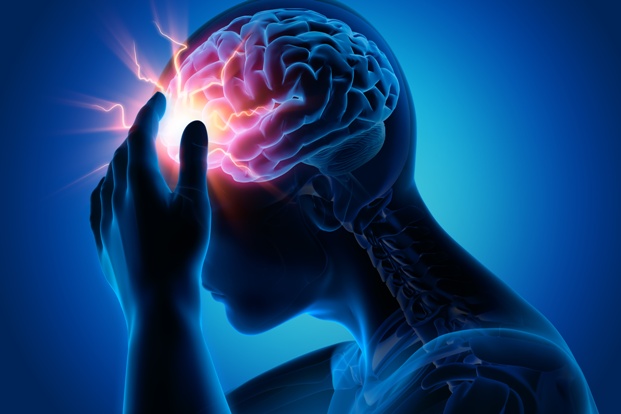Causes and Symptoms of Epilepsy
Apr 19, 2022
An epilepsy is a brain disorder wherein which individual experiences repeated seizures over the time. Seizures are referred to as episodes of the uncontrolled & abnormal firing of the brain cells which could lead to changes in behavior or attention.

Causes of Epilepsy
Epilepsy, as mentioned above, can be defined as a medical condition in which the brain starts sending abnormal signals. This causes in repeated and unpredictable seizures. A single seizure which doesn’t occur again isn’t epilepsy.
Epilepsy could be because of some medical condition or some injury which affects the brain.
Common reasons for epilepsy are: –
- Stroke or TIA or transient ischemic attack
- Dementia-like Alzheimer’s disease
- Infections including meningitis, brain abscess, HIV AIDS & encephalitis
- Traumatic injury of brain
- Congenital brain defect or brain problems present at birth
- Injury of brain which occurs near or during birth
- Metabolism disorders present at birth like phenylketonuria
- Abnormal blood vessels in brain
- Brain tumor
- Other illness which harms or destroys the brain tissue
Epileptic seizures generally start between the age of 5 years & 20 years. There also exists a higher possibility of seizures in adults older than 60. However, epileptic seizures can occur at any age. There could be some family history of epilepsy or seizures.
Symptoms associated with Epilepsy:
Symptoms of epilepsy vary from person to person. Few individuals may experience simple staring spells. Other patients experience violent shaking & loss of alertness. The kind of seizure depends on the area of the brain which is affected.
Mostly, a seizure is similar to the one before it. Few patients having epilepsy experience a strange sensation prior to every seizure. Sensations could be, smelling an odor which is actually absent, tingling or some emotional changes. This is known as aura.
Doctors can specify the precise kind of seizure one may have:-
- Absence or petit mal seizure with staring spells
- Generalized tonic-clonic grand mal seizure which involves entire body, including aura, loss of alertness and rigid muscles
- A partial or focal seizure which can involve any symptom mentioned above, depending on where the seizure started in the brain.









